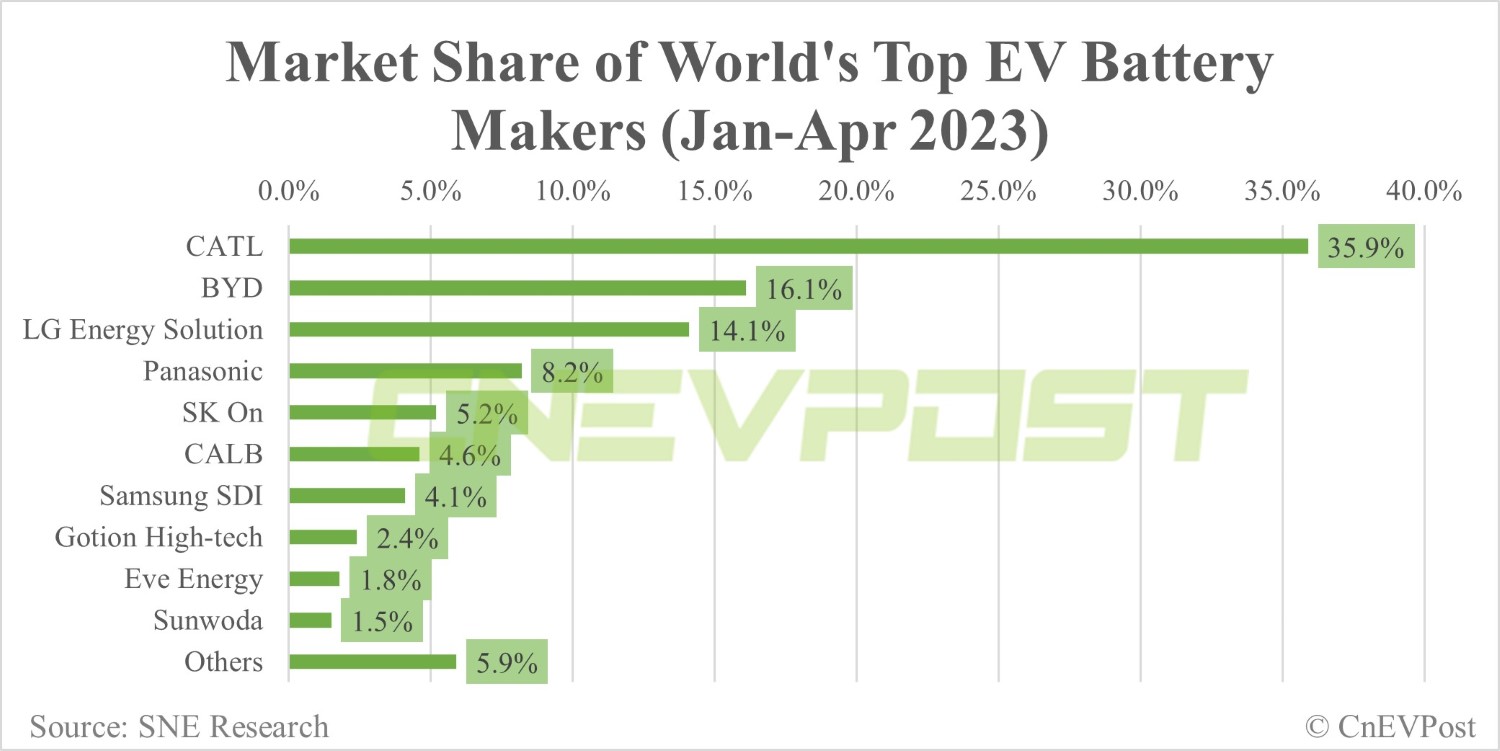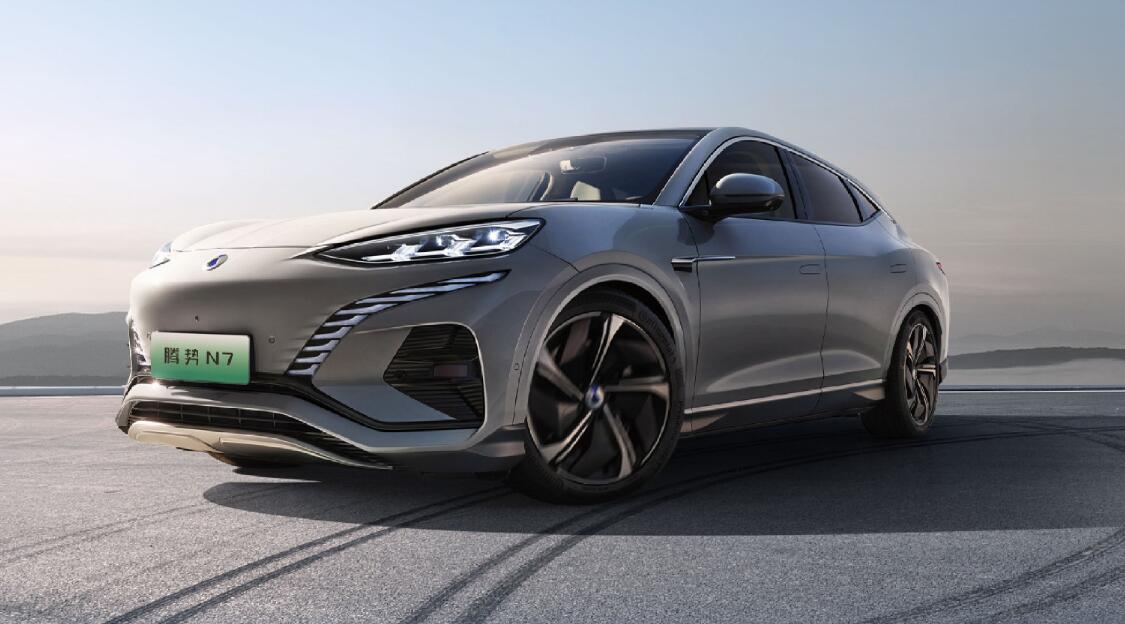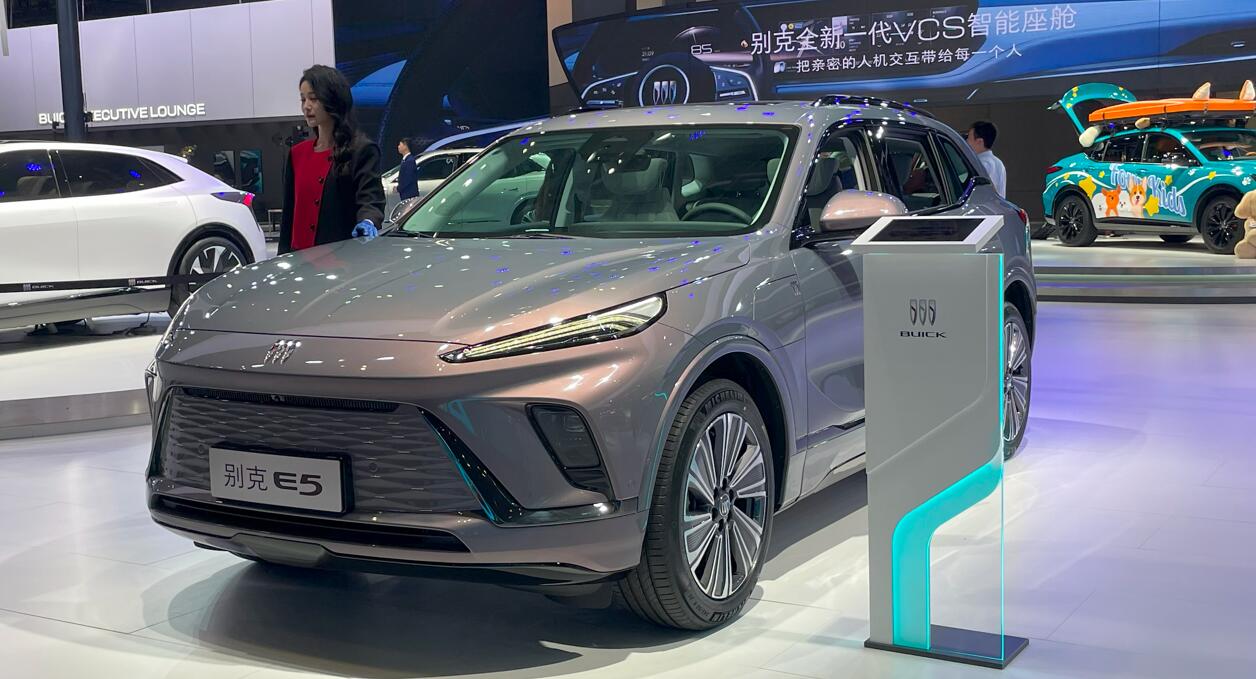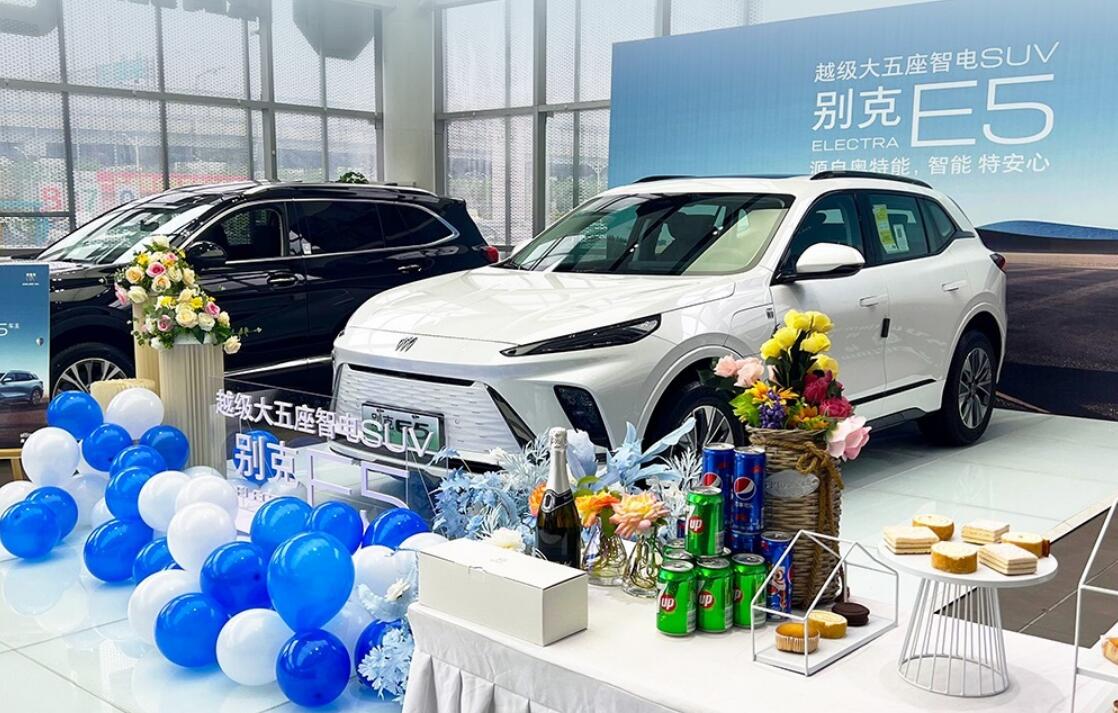The Lanshan DHT-PHEV, which competes with Li Auto's Li L8, sold 5,136 units in its first full month of sales, and its production capacity is climbing, Great Wall Motor said.

Great Wall Motor's new energy vehicle (NEV) sales saw significant growth last month as the auto giant ramps up its efforts to make the transition to electrification.
Great Wall Motor sold a record 23,755 NEVs in May, up 104.13 percent from a year earlier and up 59.83 percent from 14,863 units in April, data released yesterday showed.
Including conventional fuel vehicles, Great Wall Motor's total sales in May were 101,020 units, up 26.18 percent year-on-year and up 8.49 percent from 93,107 units in April.
This means that NEVs contributed 23.5 percent of Great Wall Motor's sales in May.

From January to May, Great Wall Motor's NEV sales were 66,426 units, up 30.48 percent year-on-year, contributing 16 percent of all vehicle sales of 414,095 units.
Although Great Wall Motor saw significant growth in NEV sales, it still lags far behind BYD (OTCMKTS: BYDDY) in the segment.
BYD sold 240,220 NEVs in May, up 108.99 percent year-on-year and up 14.23 percent from April.
BYD ceased production and sales of vehicles powered entirely by internal combustion engines in March 2022, shifting its focus to plug-in hybrids and pure electric vehicles.
On May 25, Great Wall Motor accused two BYD hybrid models of failing to meet pollutant emissions standards.
Great Wall Motor's battery electric vehicle-focused brand, Ora, sold 10,616 units in May, up 19.27 percent from 8,901 units in April.
Its premium Wey brand sold 5,770 units in May, up 128.97 percent year-on-year and up 142.95 percent from April.
The Wey brand launched the six-seat Lanshan DHT-PHEV on April 13 with a starting price of RMB 273,800 to compete with Li Auto's Li L8. Deliveries of the model began on April 25.
The Lanshan DHT-PHEV sold 5,136 units in its first full sales month, and its production capacity is currently climbing with more orders to be delivered, Great Wall Motor said yesterday.
On May 25, Great Wall Motor's Haval brand launched the Haval Xiaolong and Haval Xiaolong Max, two hybrid SUVs with a starting price of RMB 139,800.
The Haval Xiaolong and Haval Xiaolong Max sold 3,088 units in May, Great Wall Motor said.
On June 1, the Wey brand launched the Mocca DHT-PHEV, a 5-seat SUV with a starting price of RMB 231,800,000.
Great Wall Motor sold a record 25,131 units overseas in May, up 15.21 percent from April and 104.04 percent year-on-year.
Its cumulative overseas sales from January to May were 98,920 units, up 100.36 percent year-on-year.

The post Great Wall Motor sells record 23,755 NEVs in May, up 60% from Apr appeared first on CnEVPost.
For more articles, please visit CnEVPost.


































